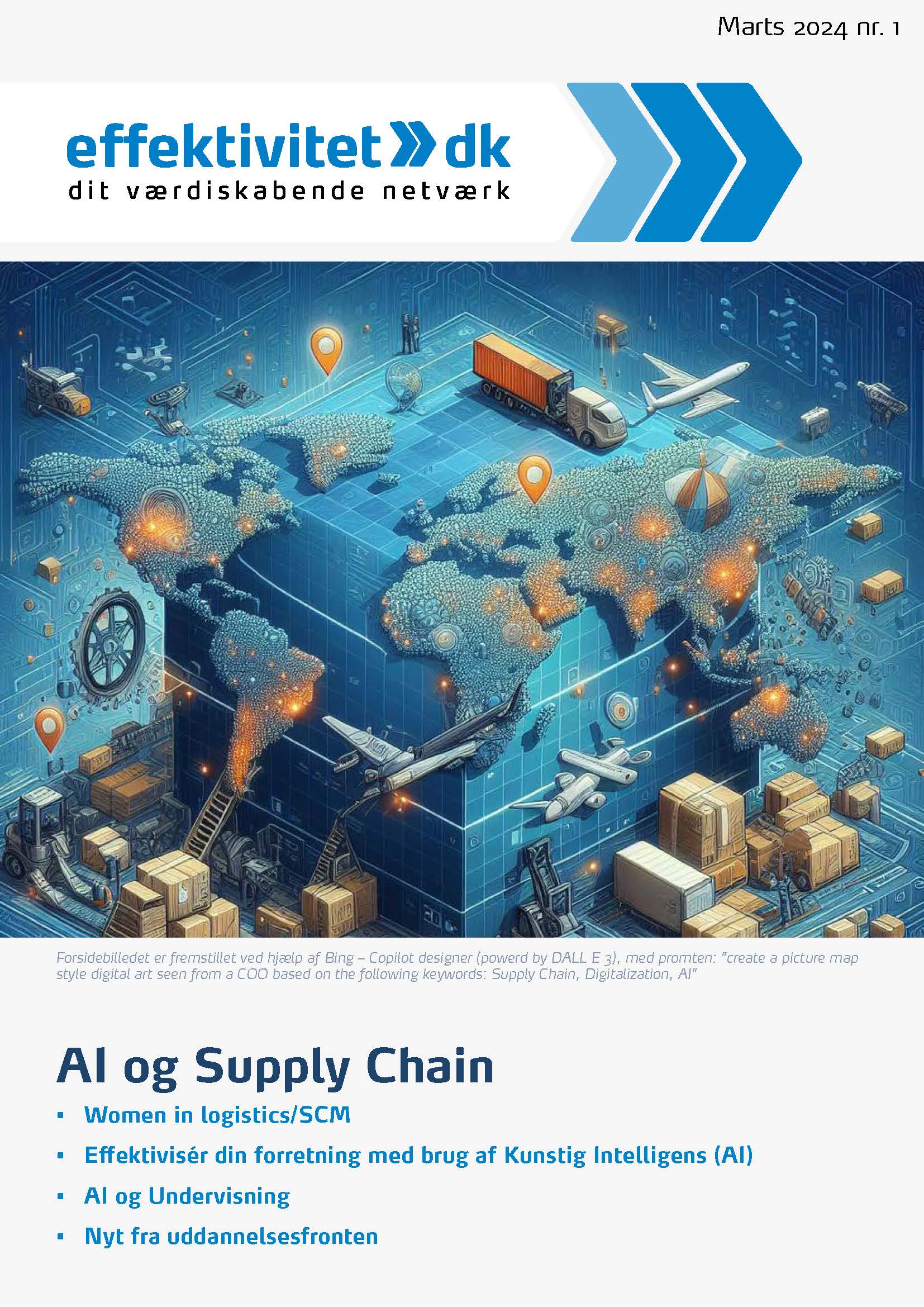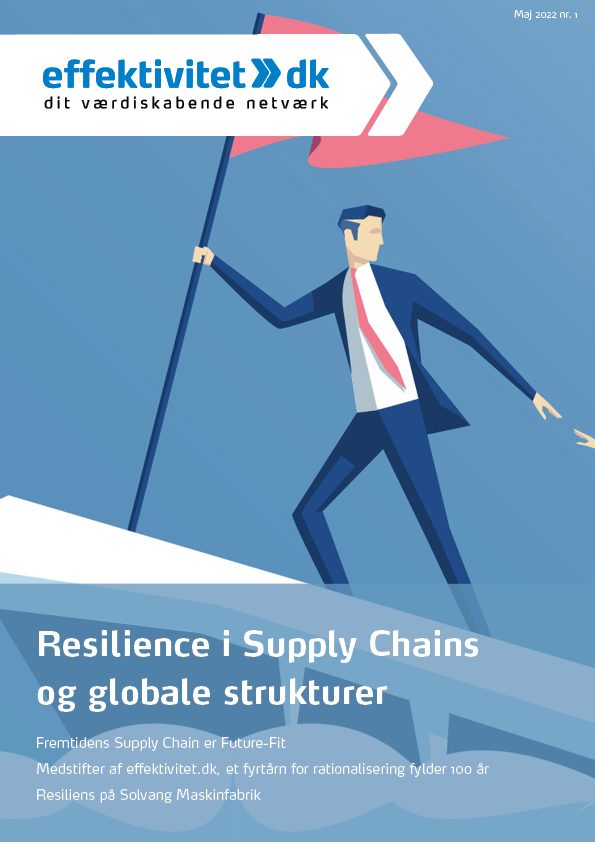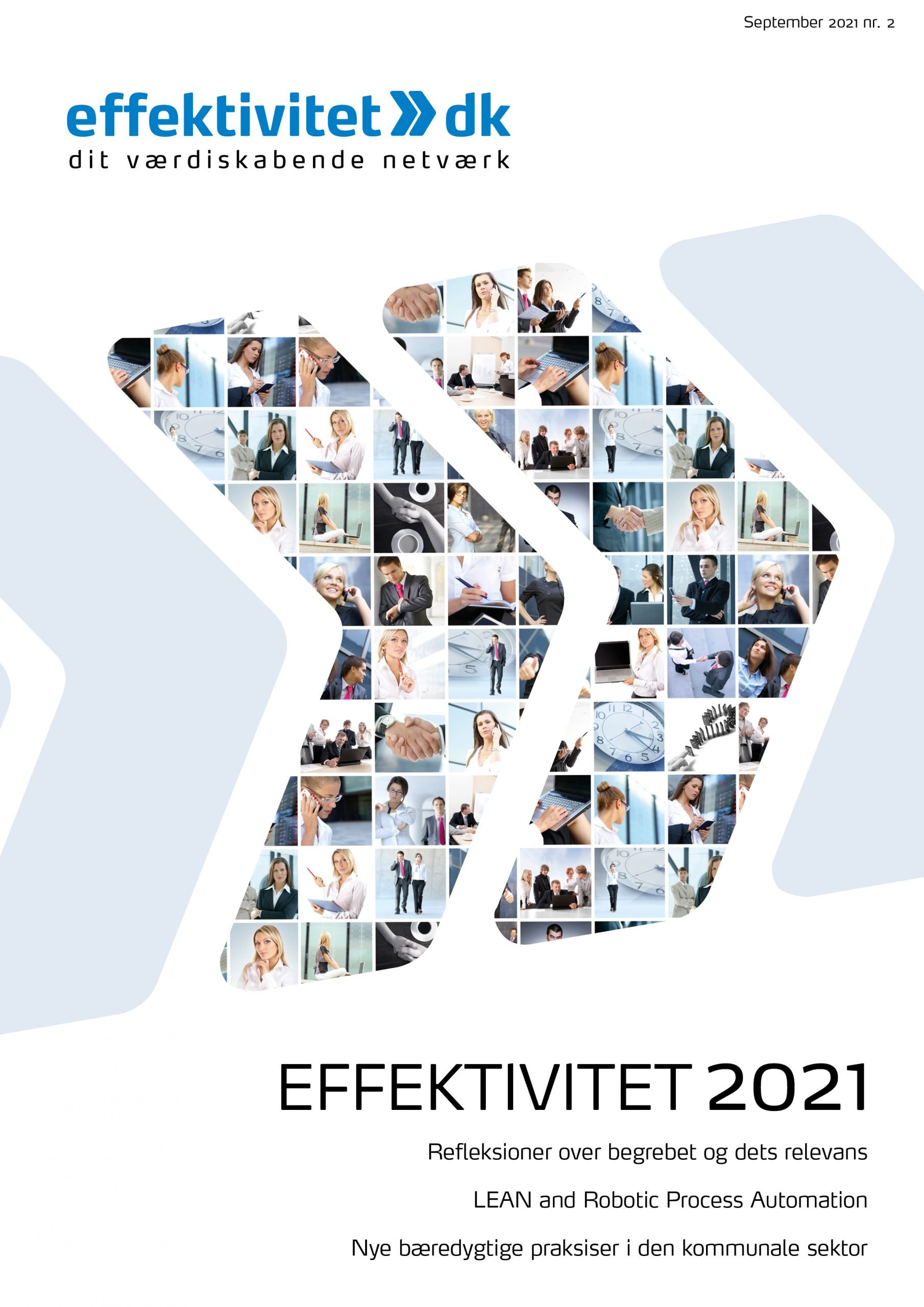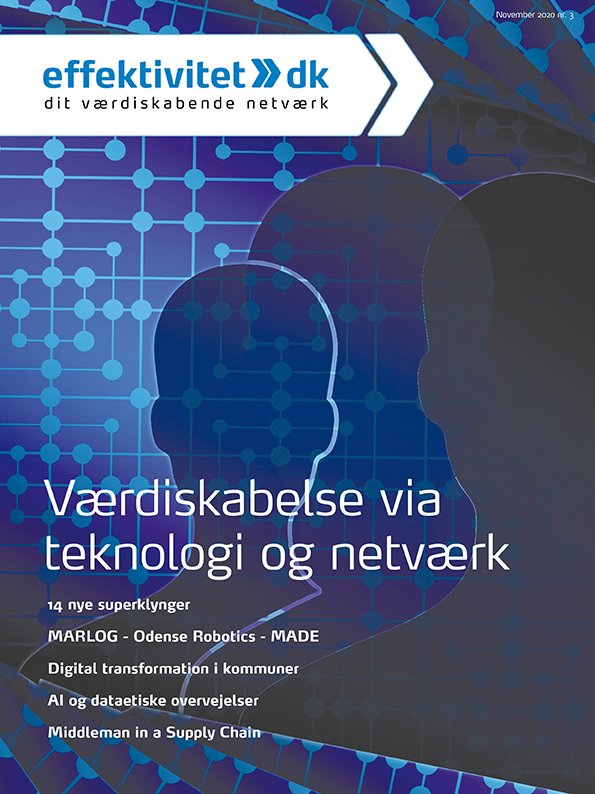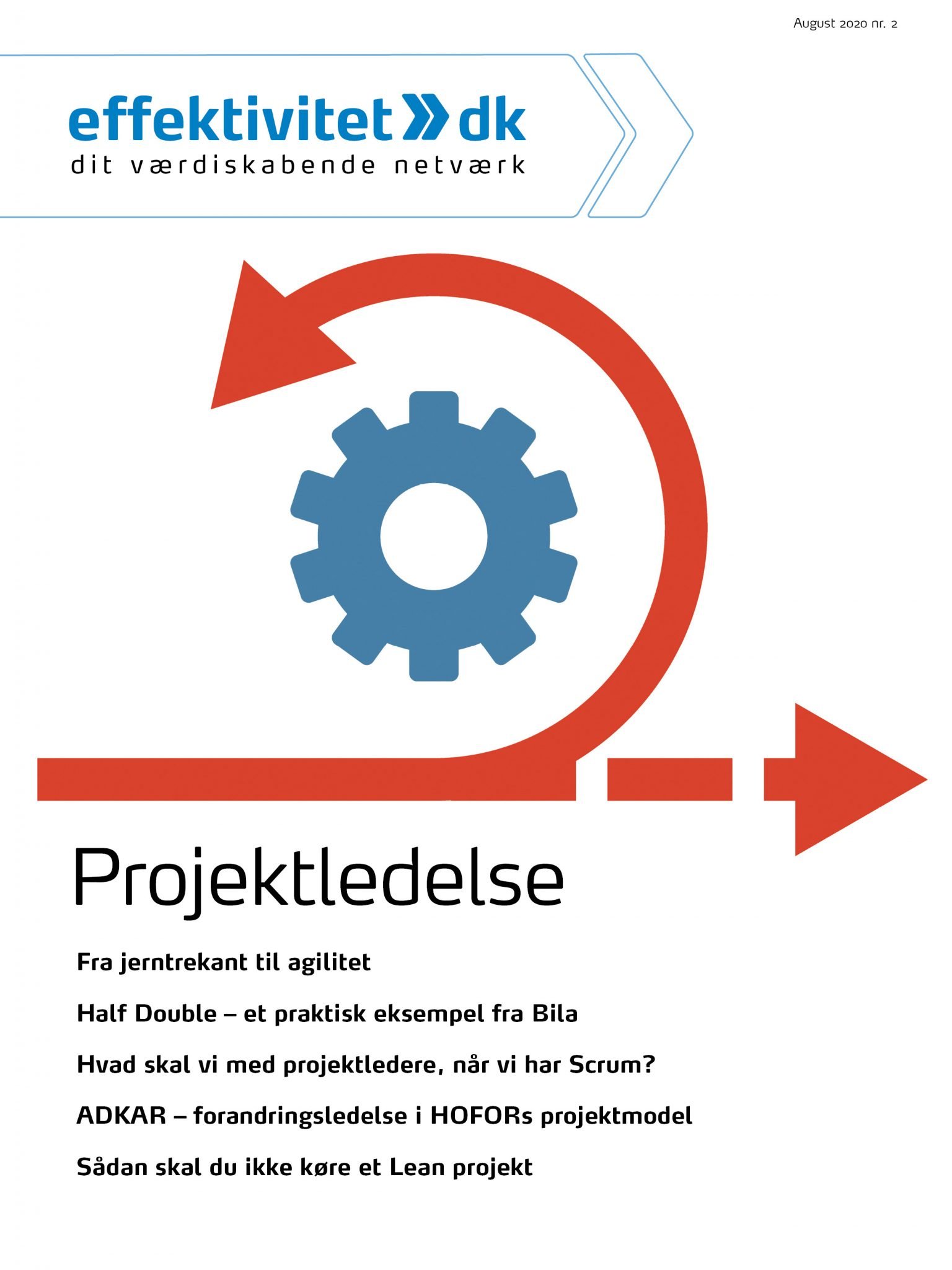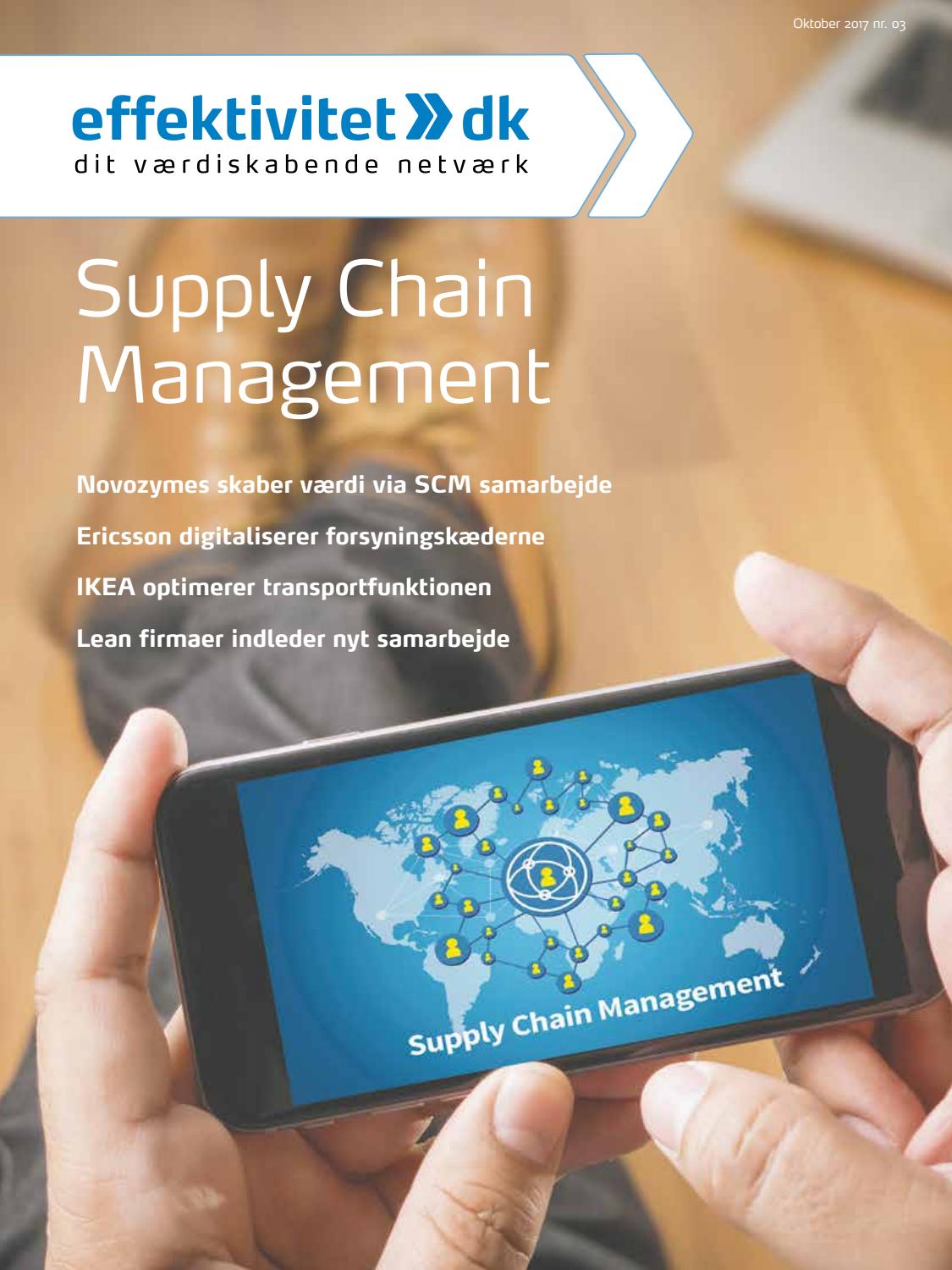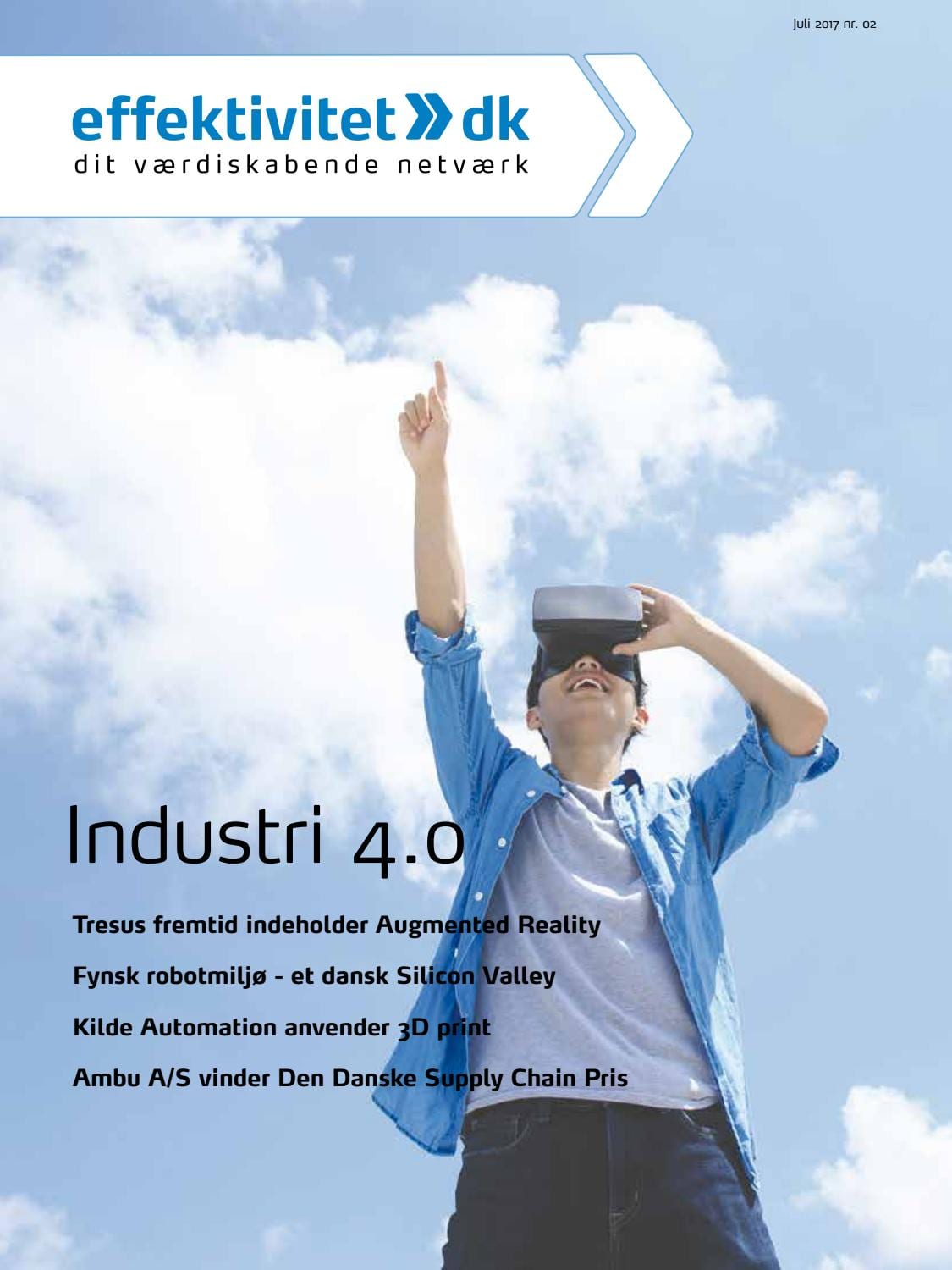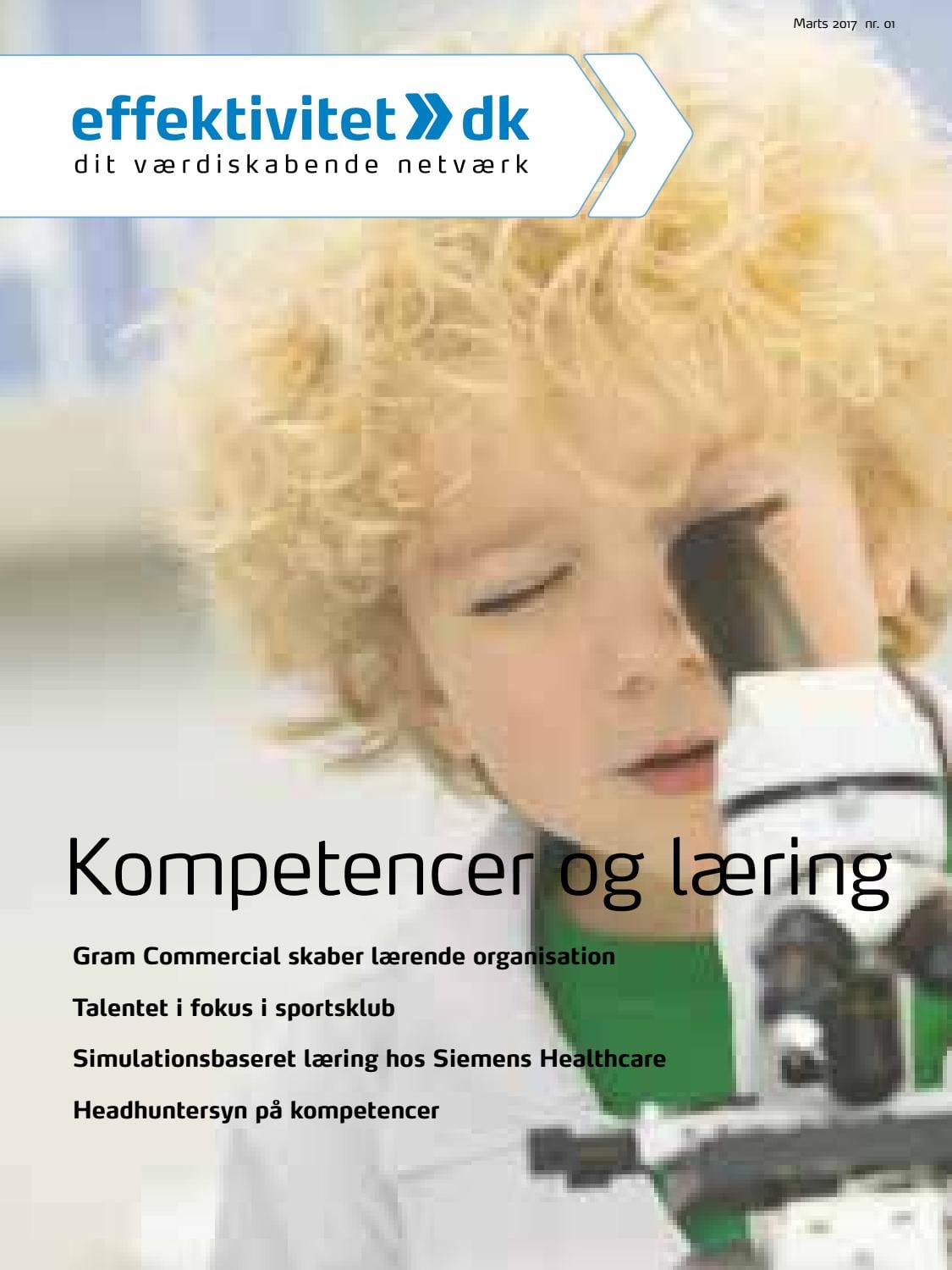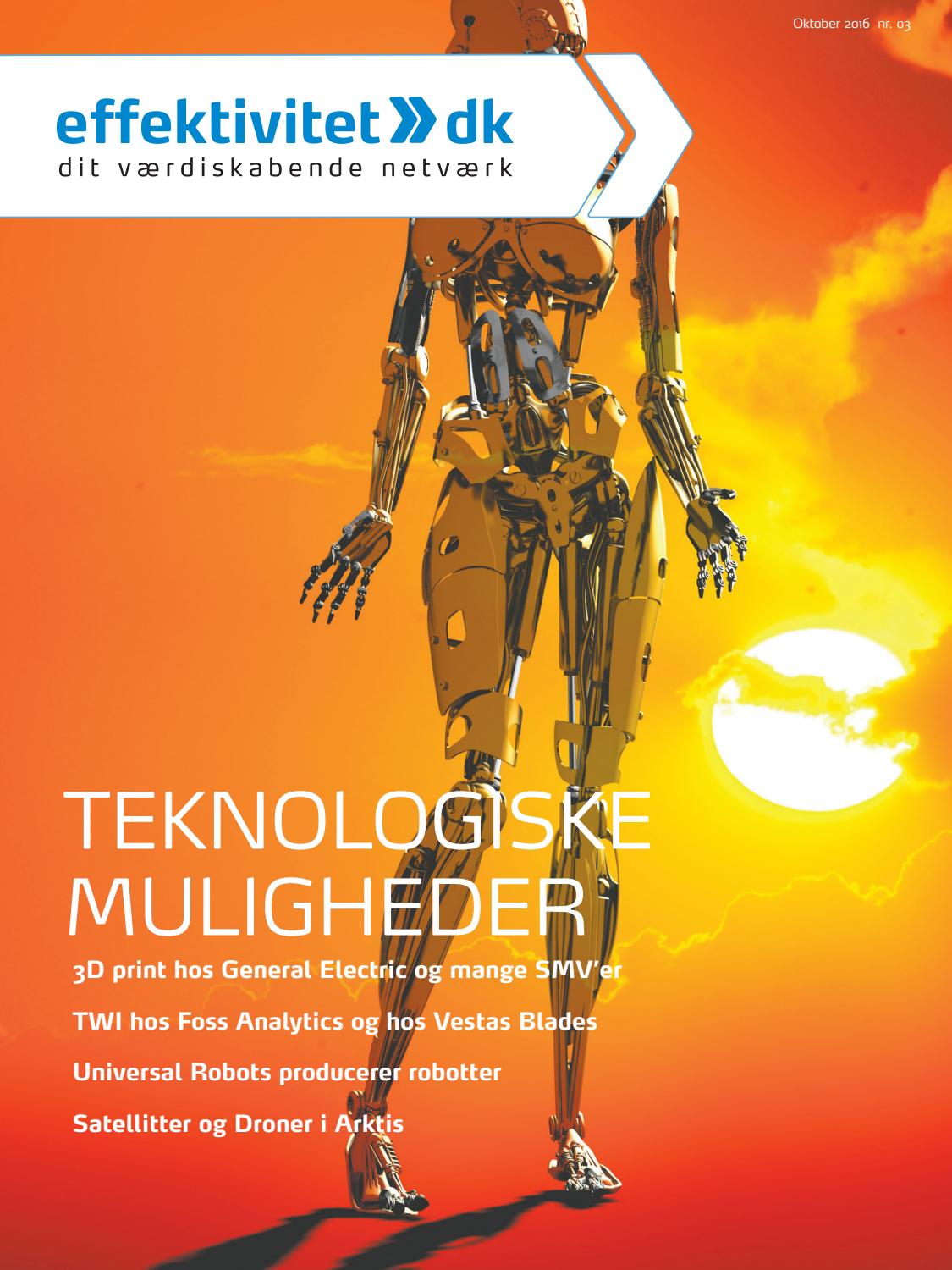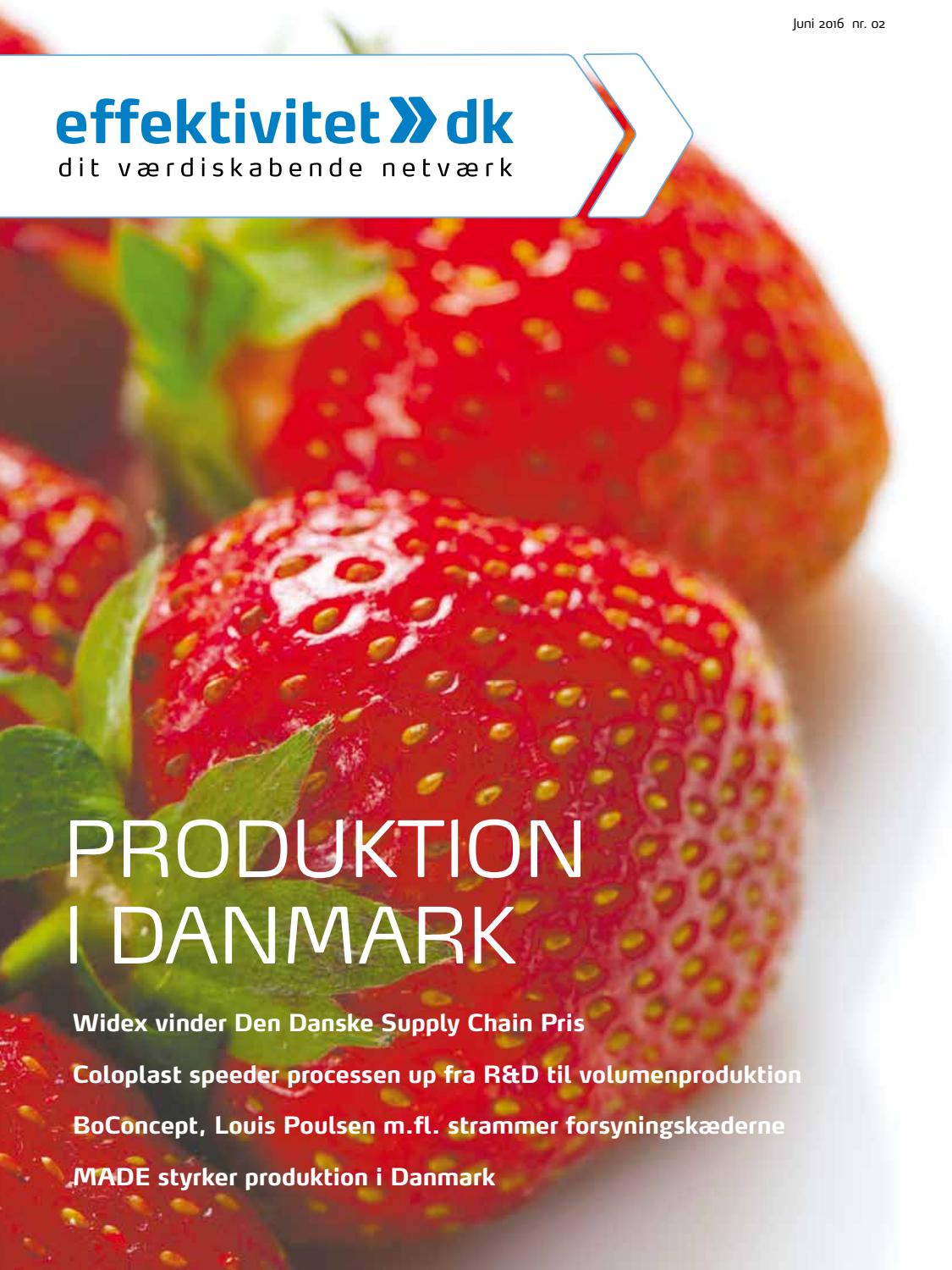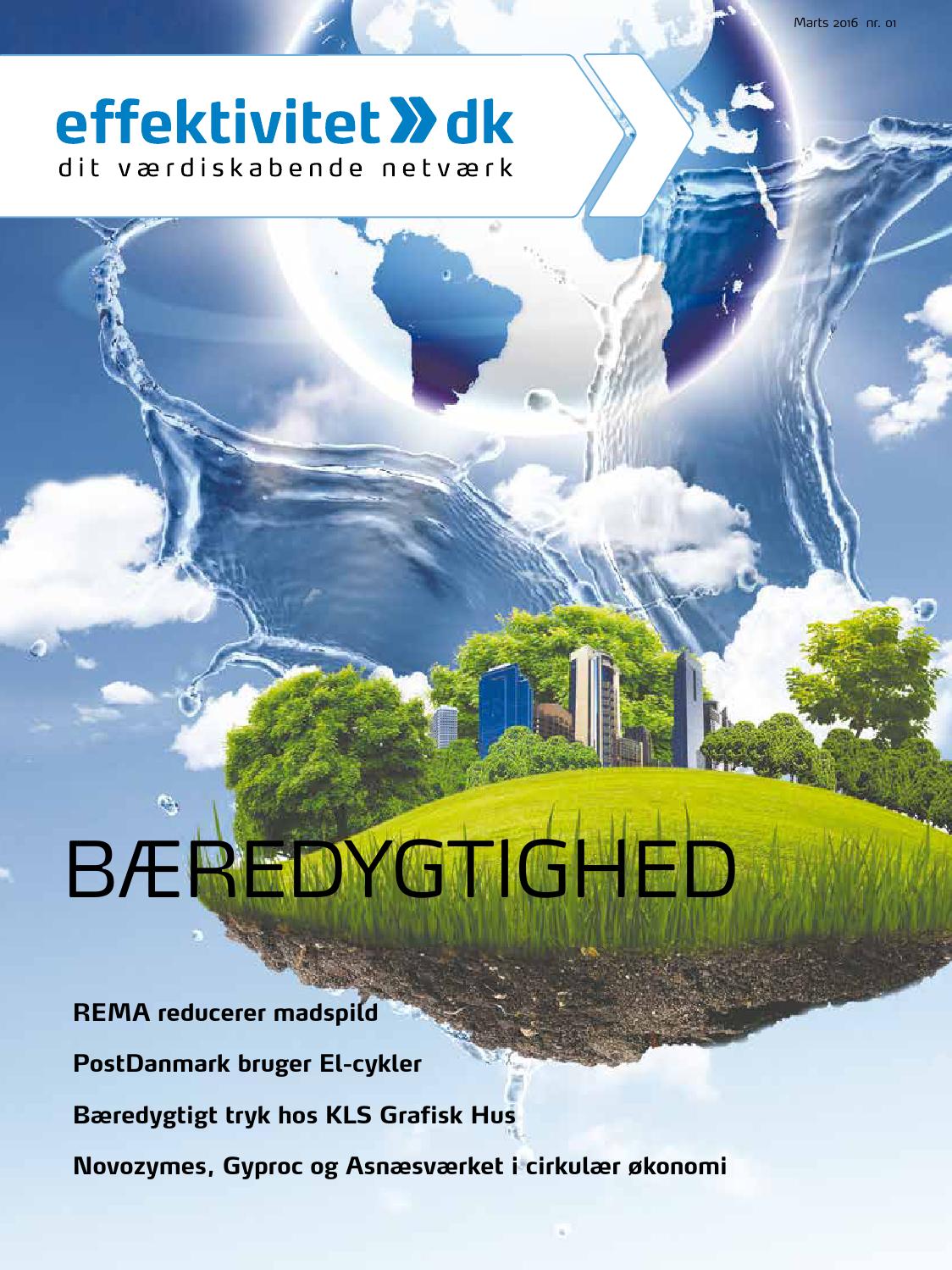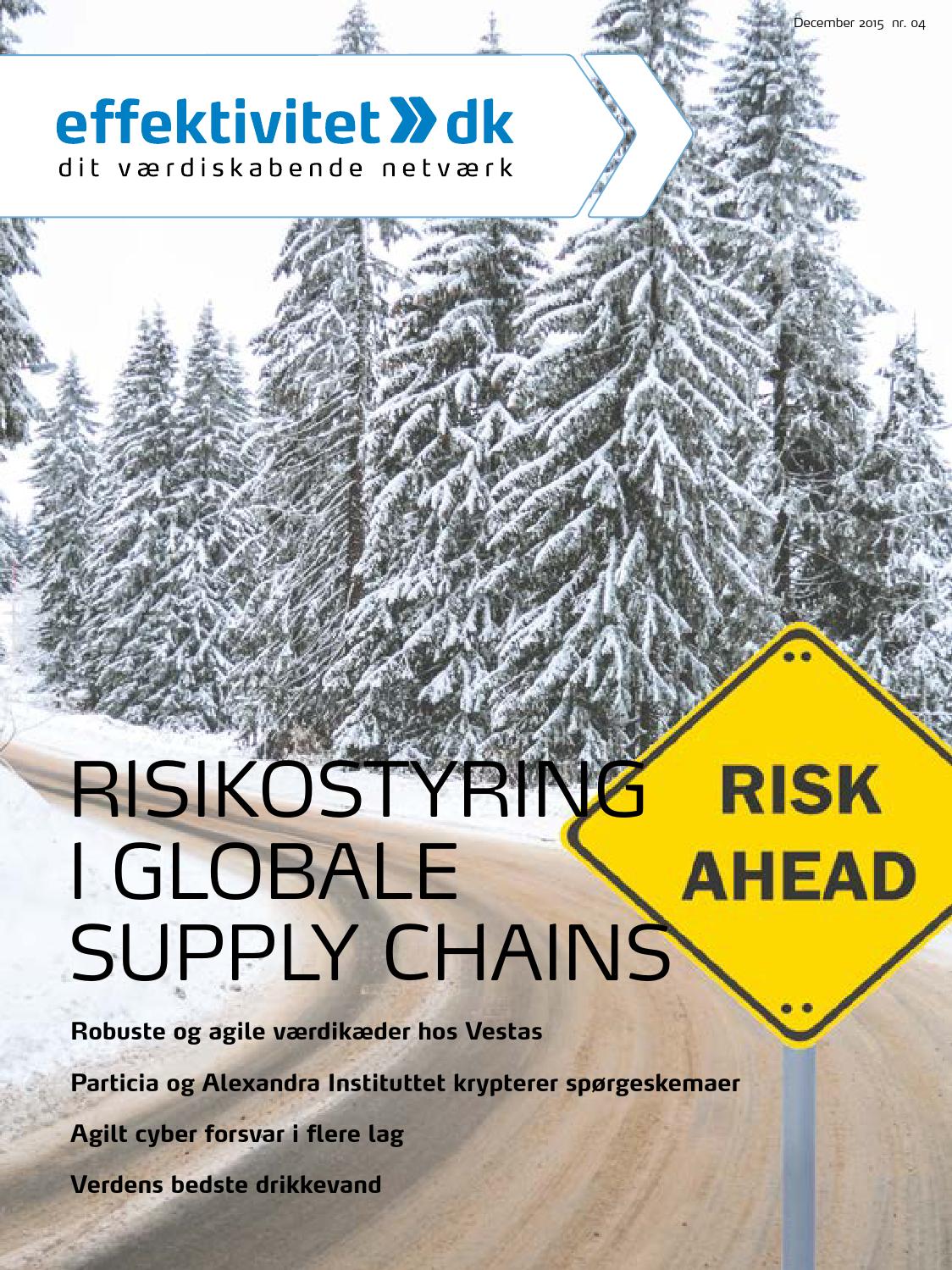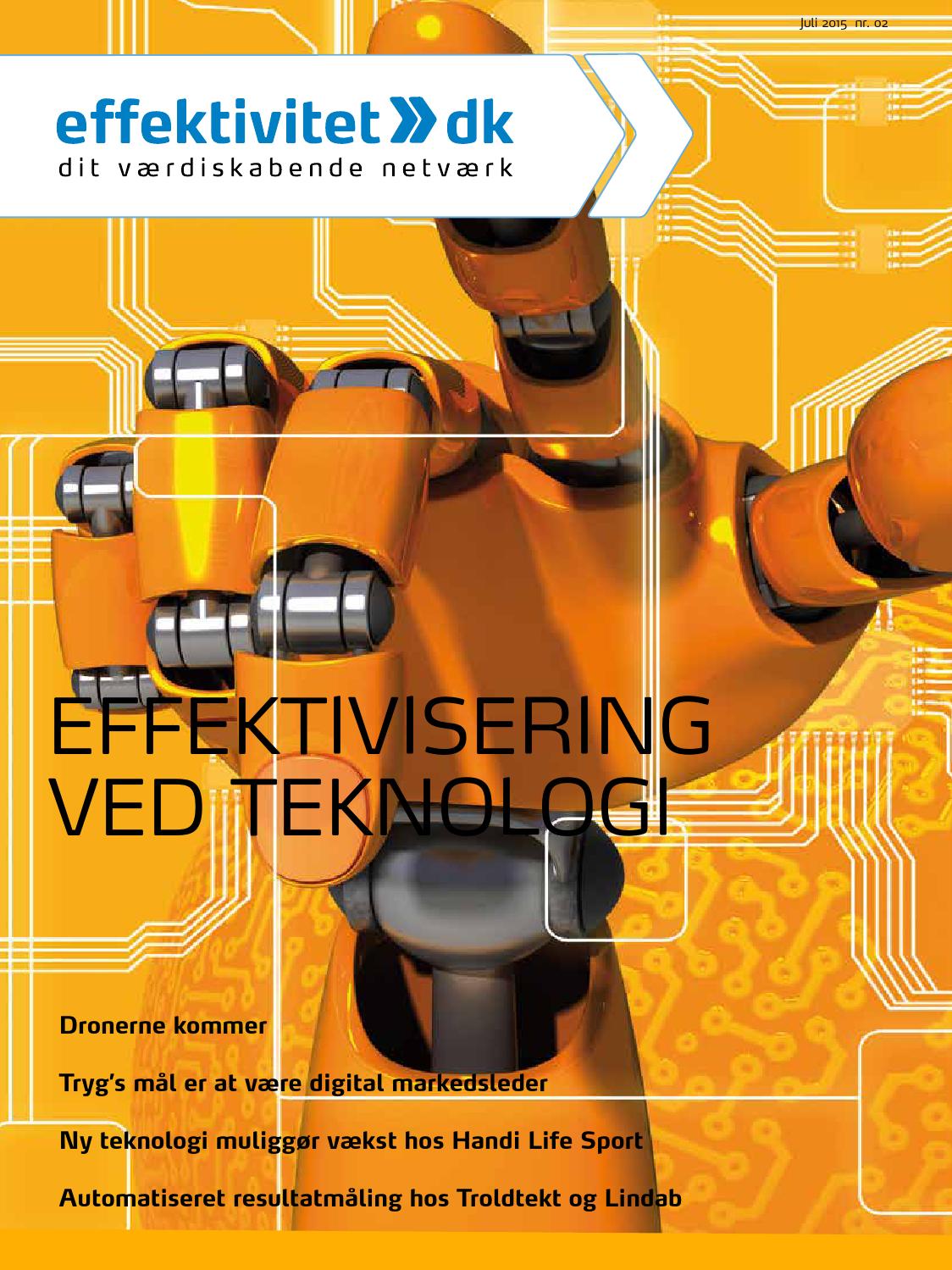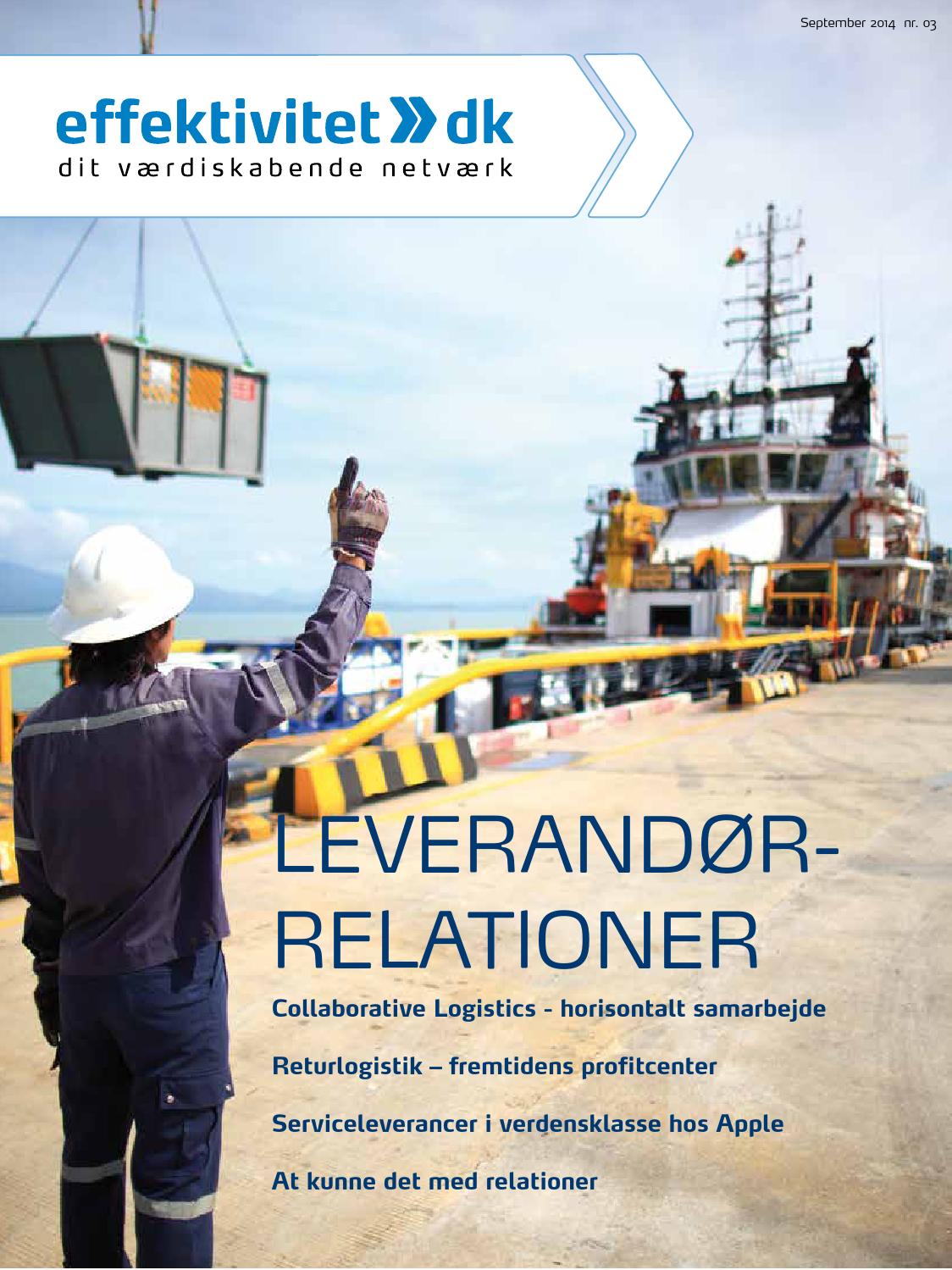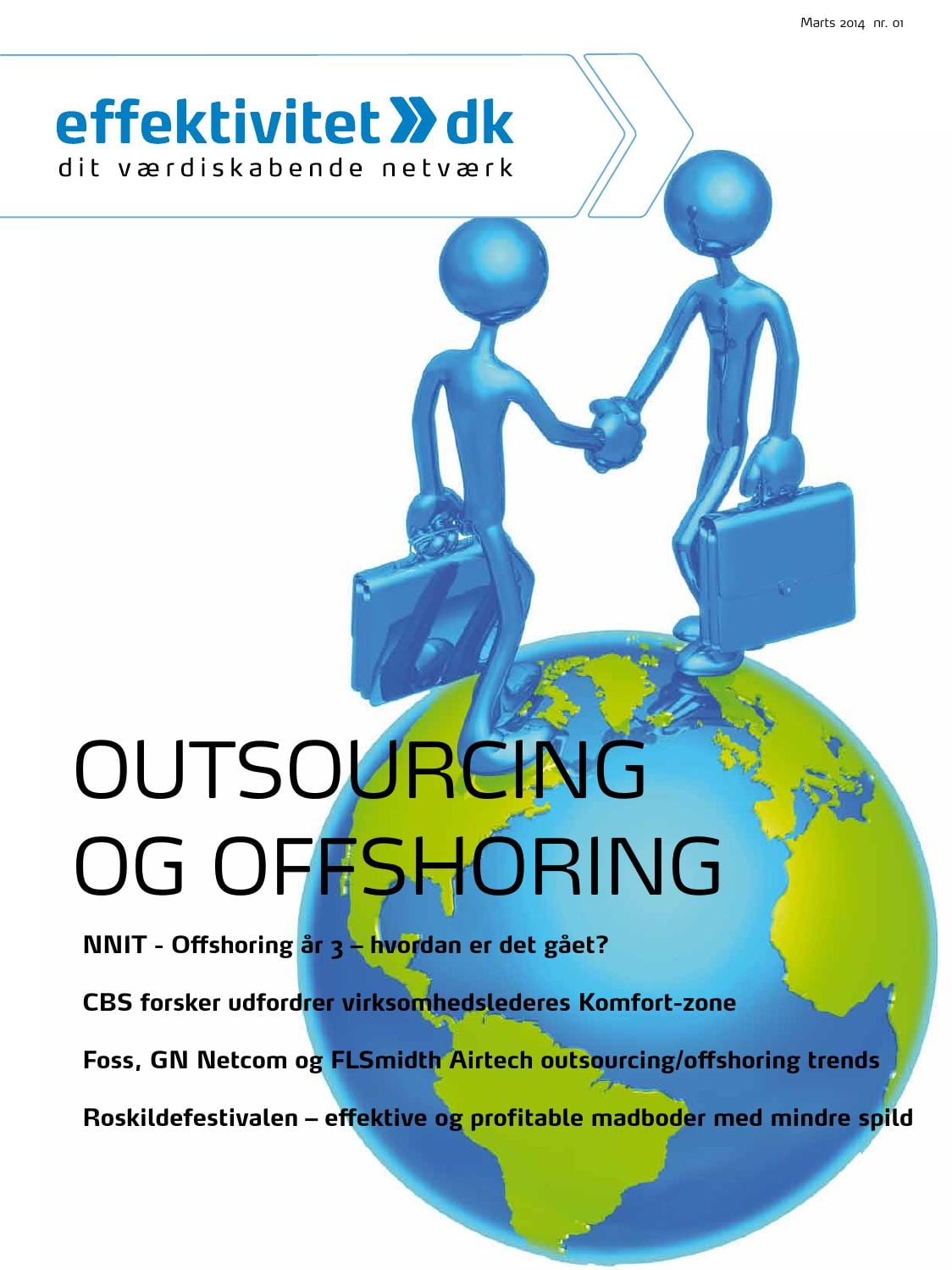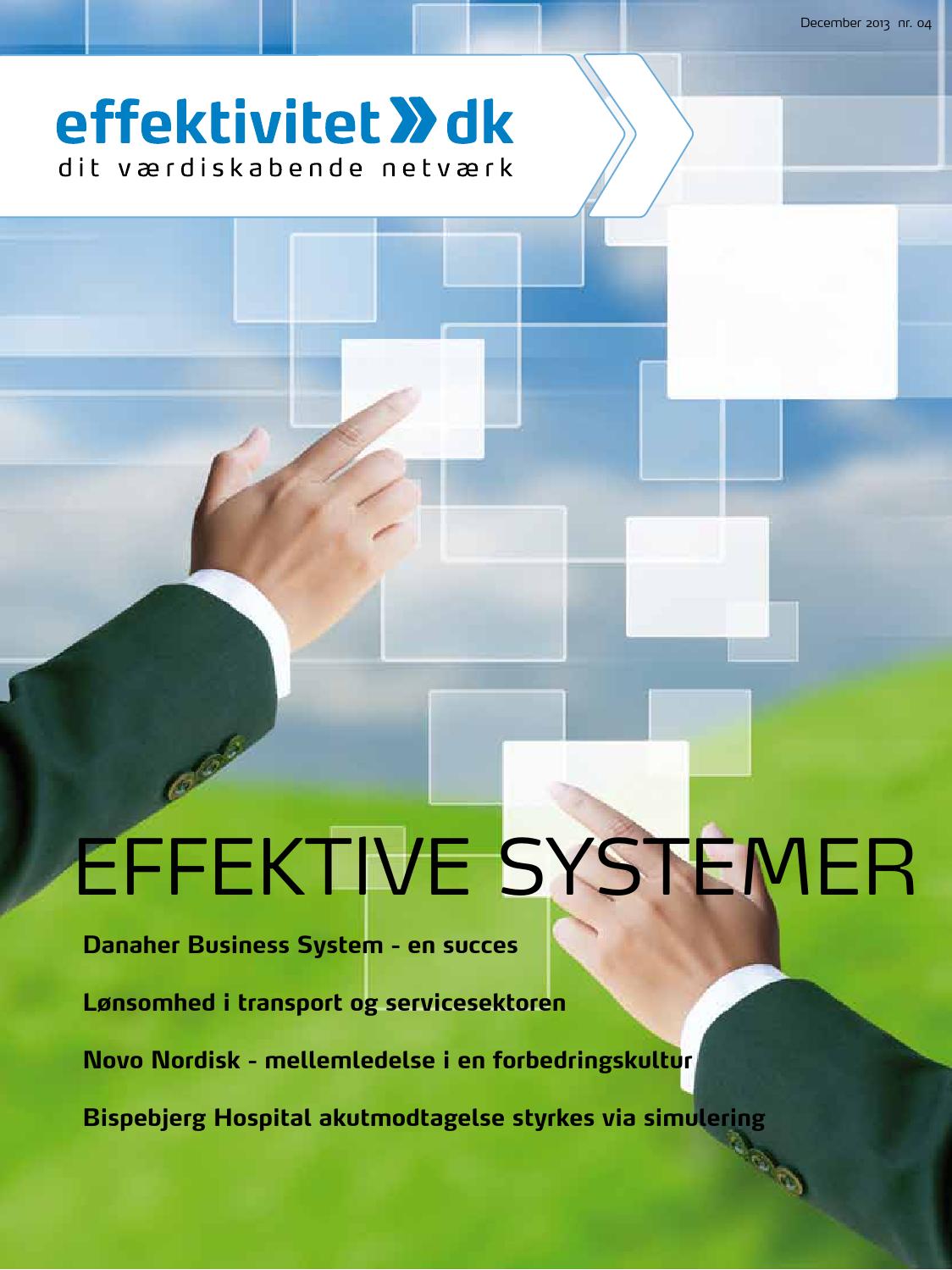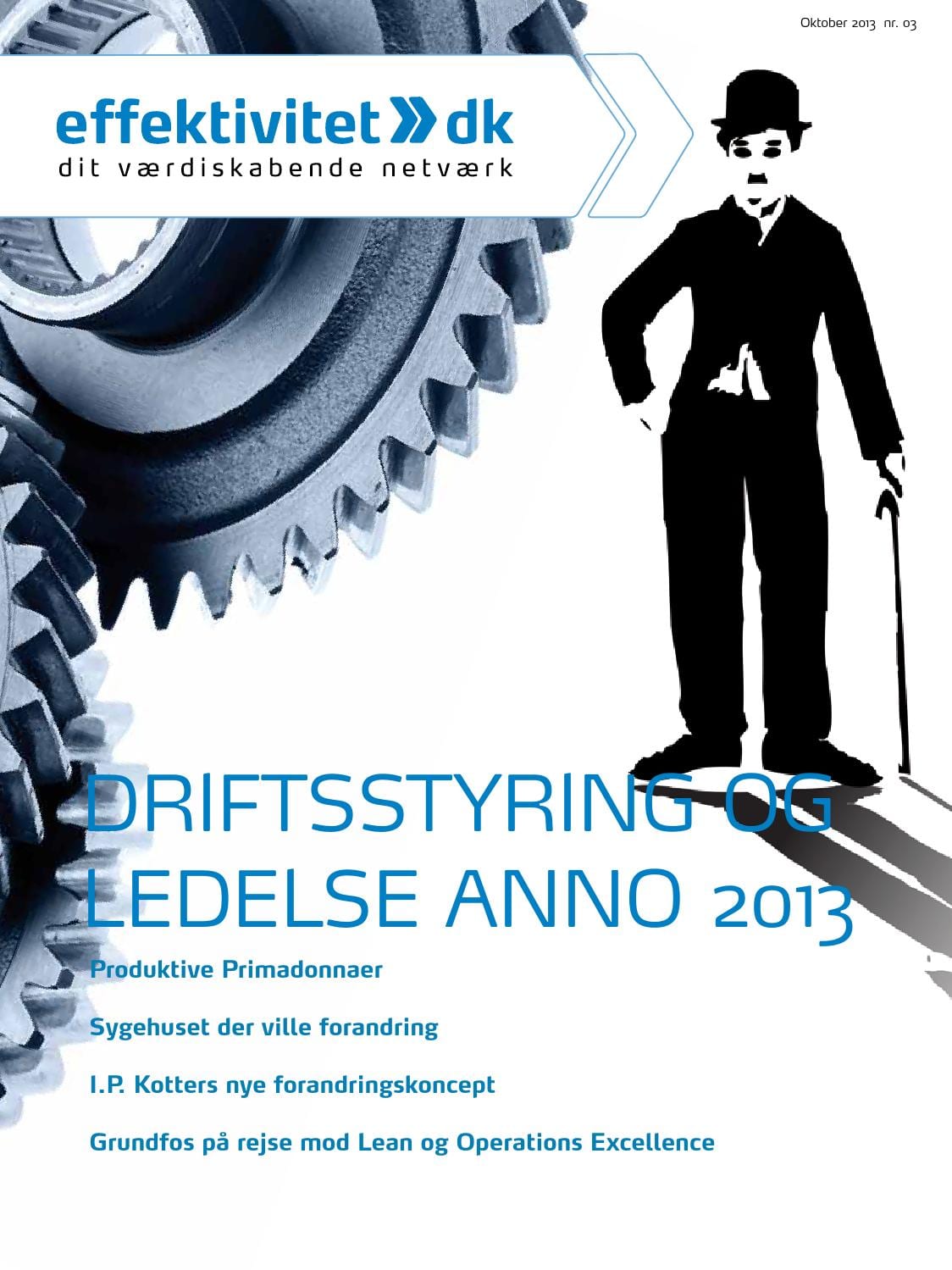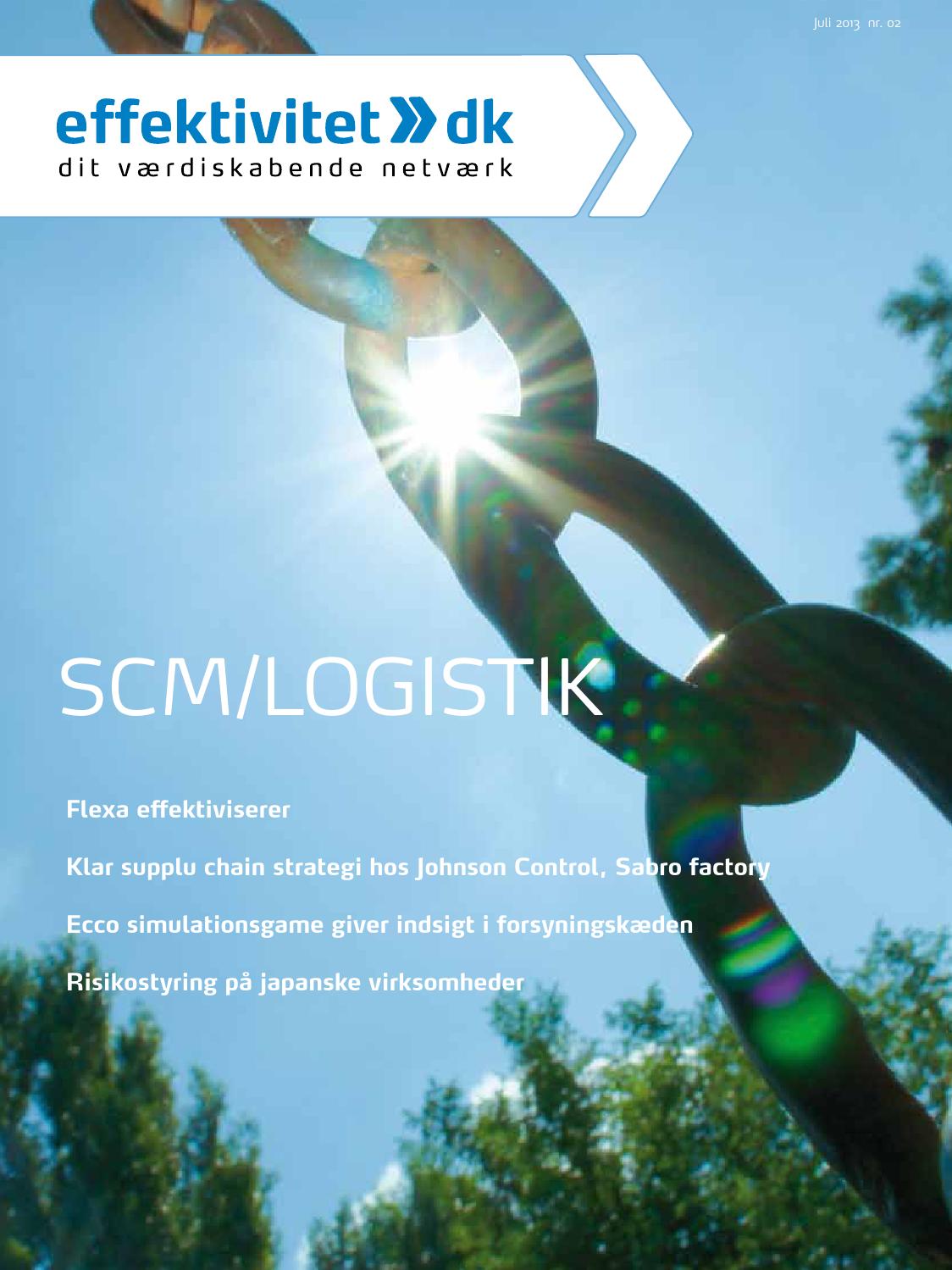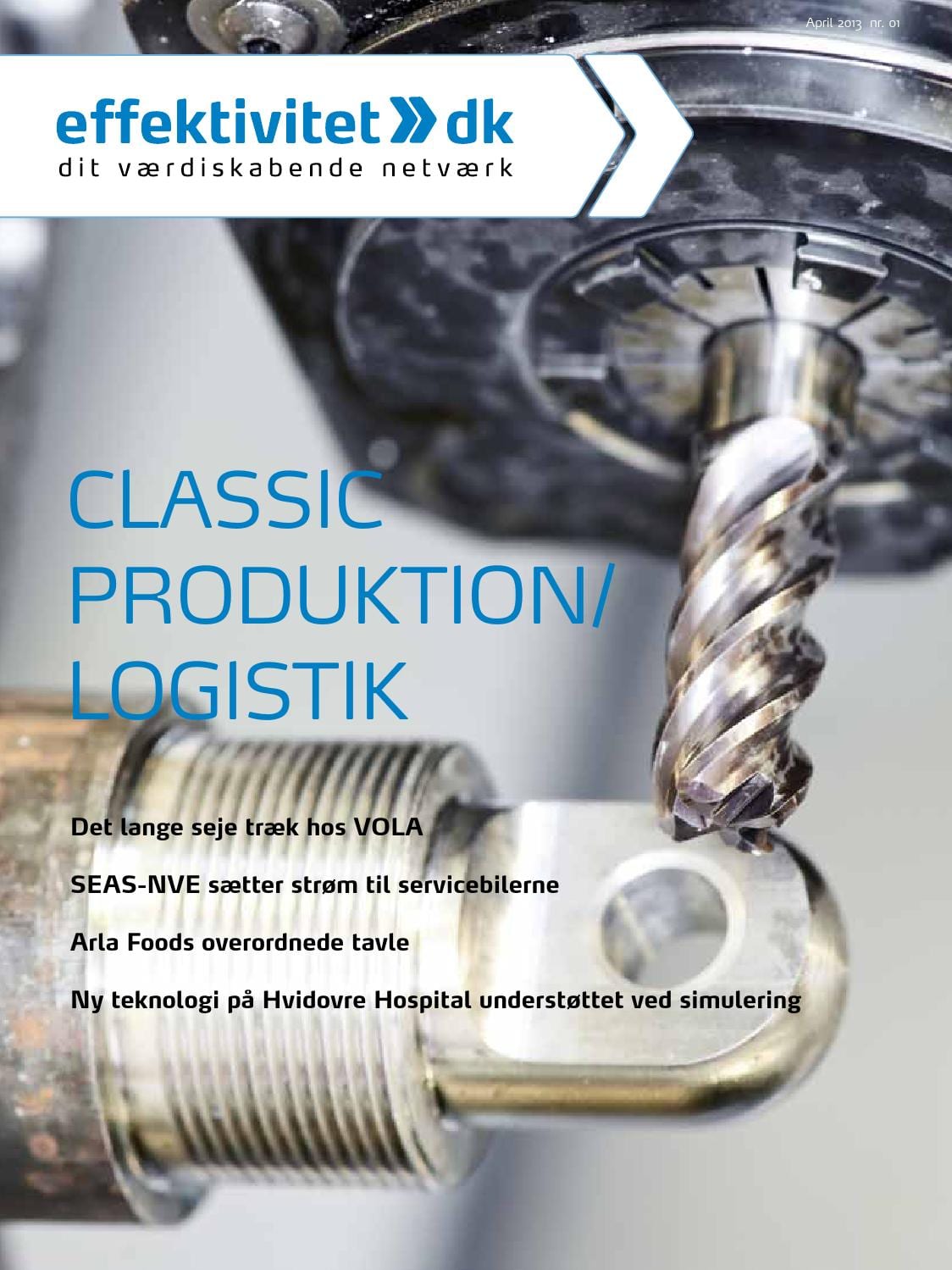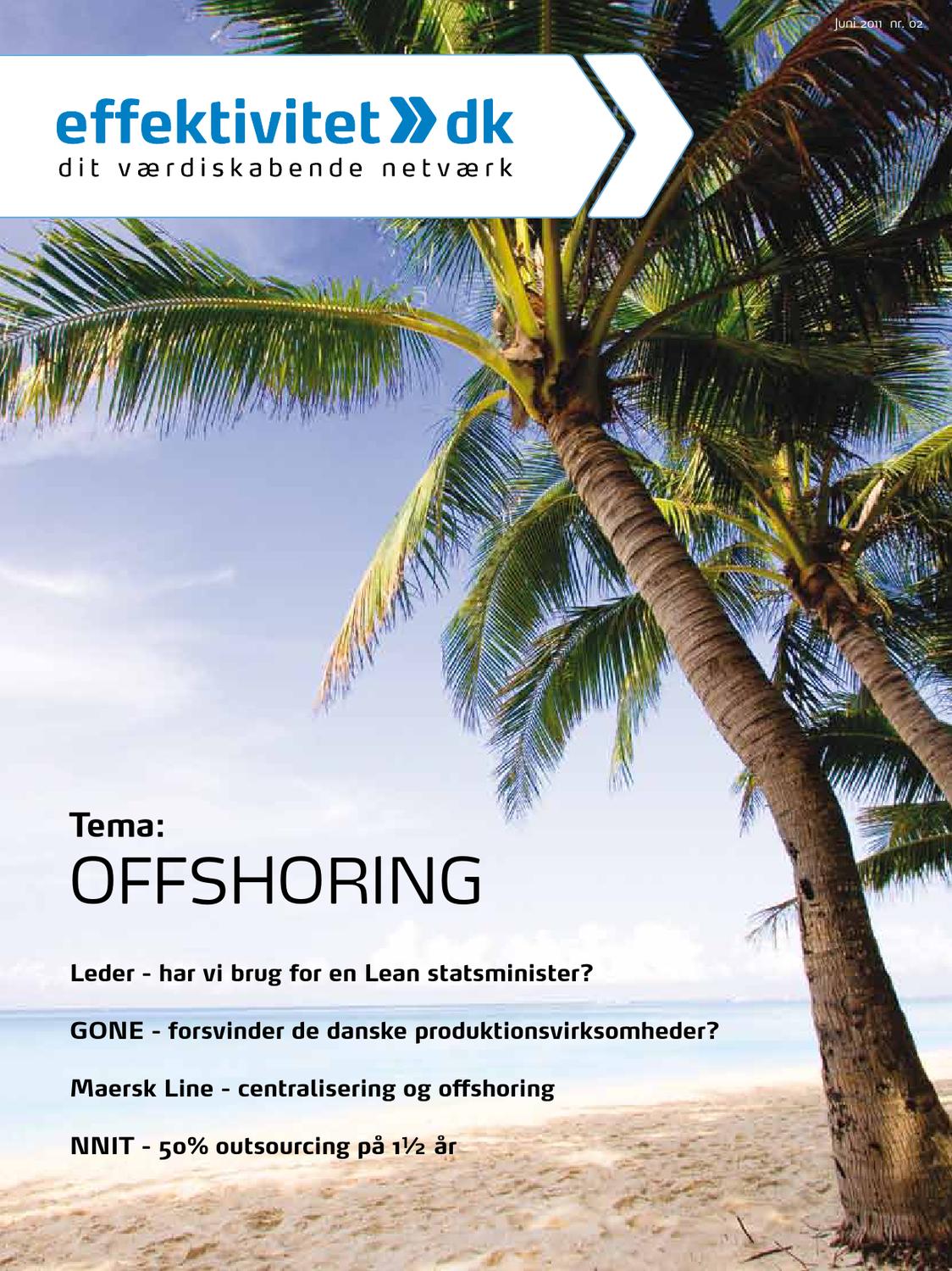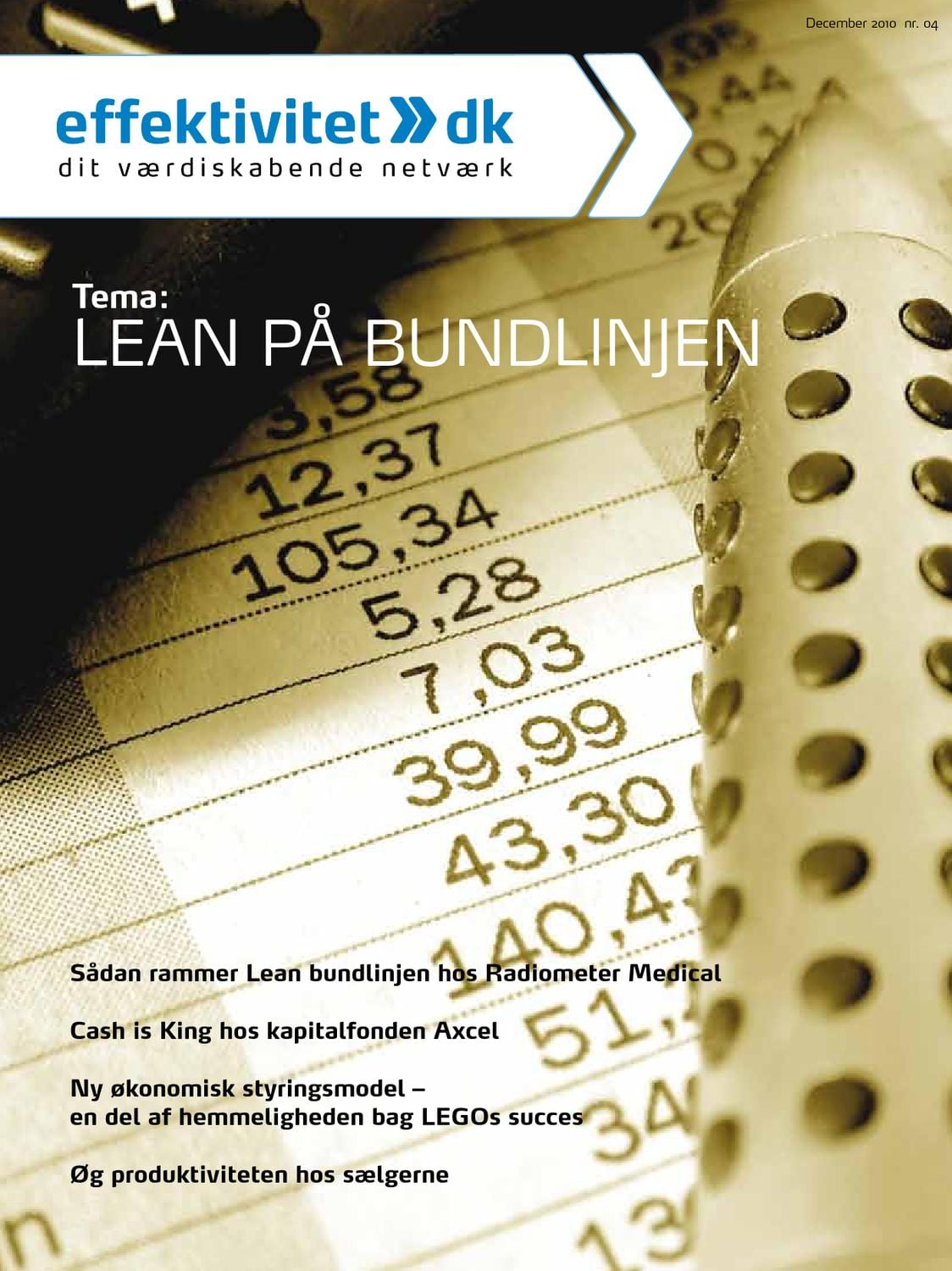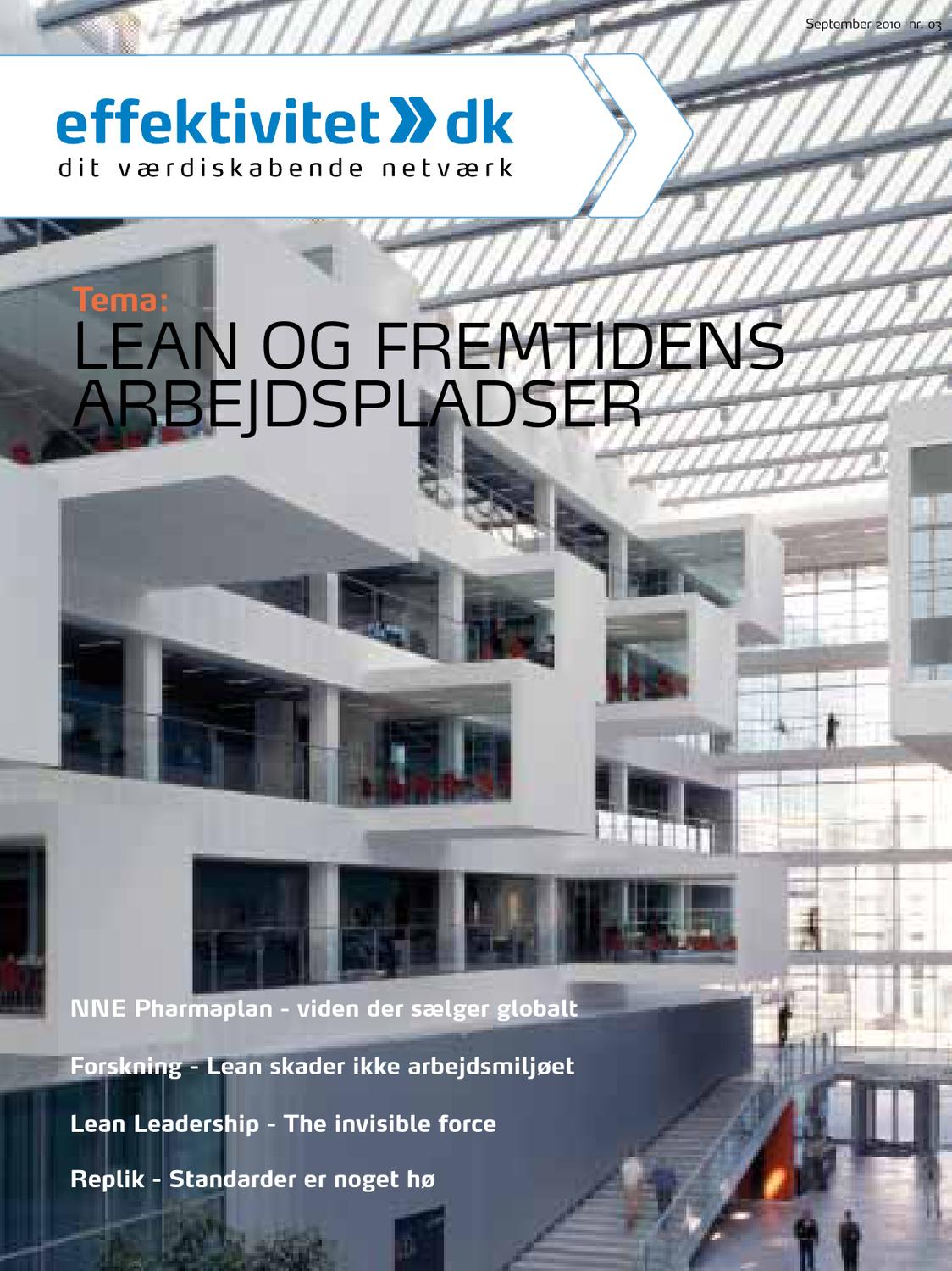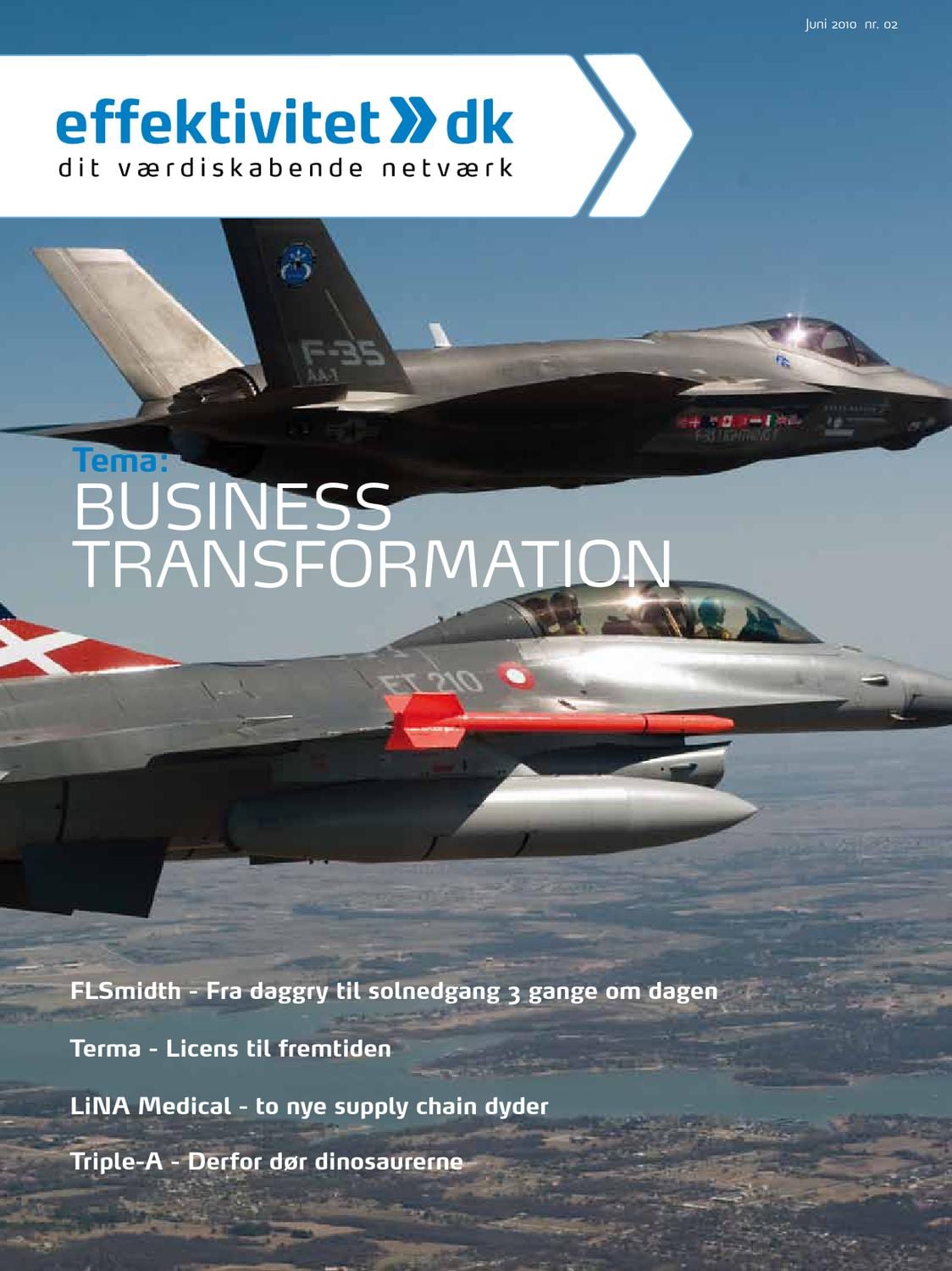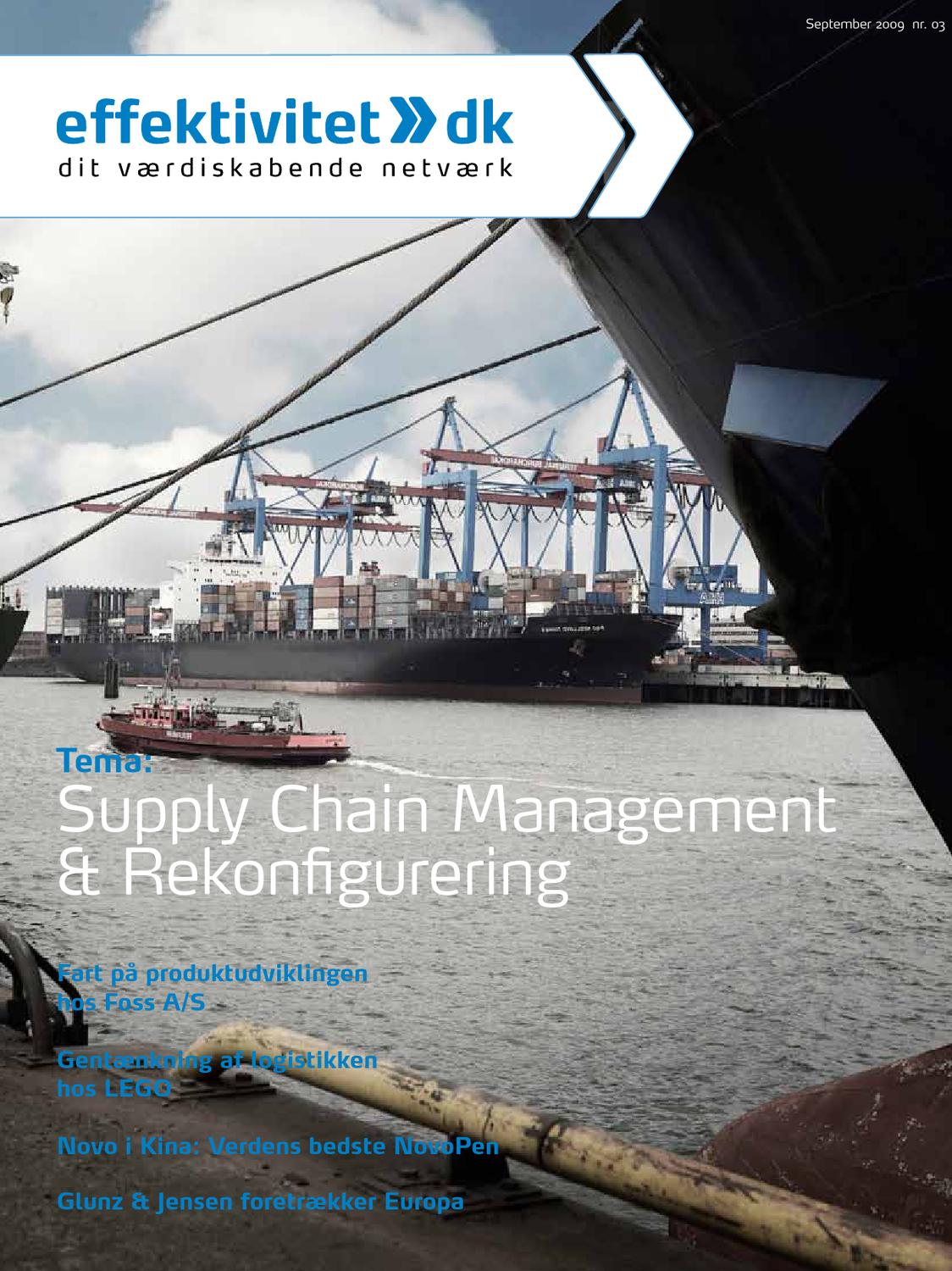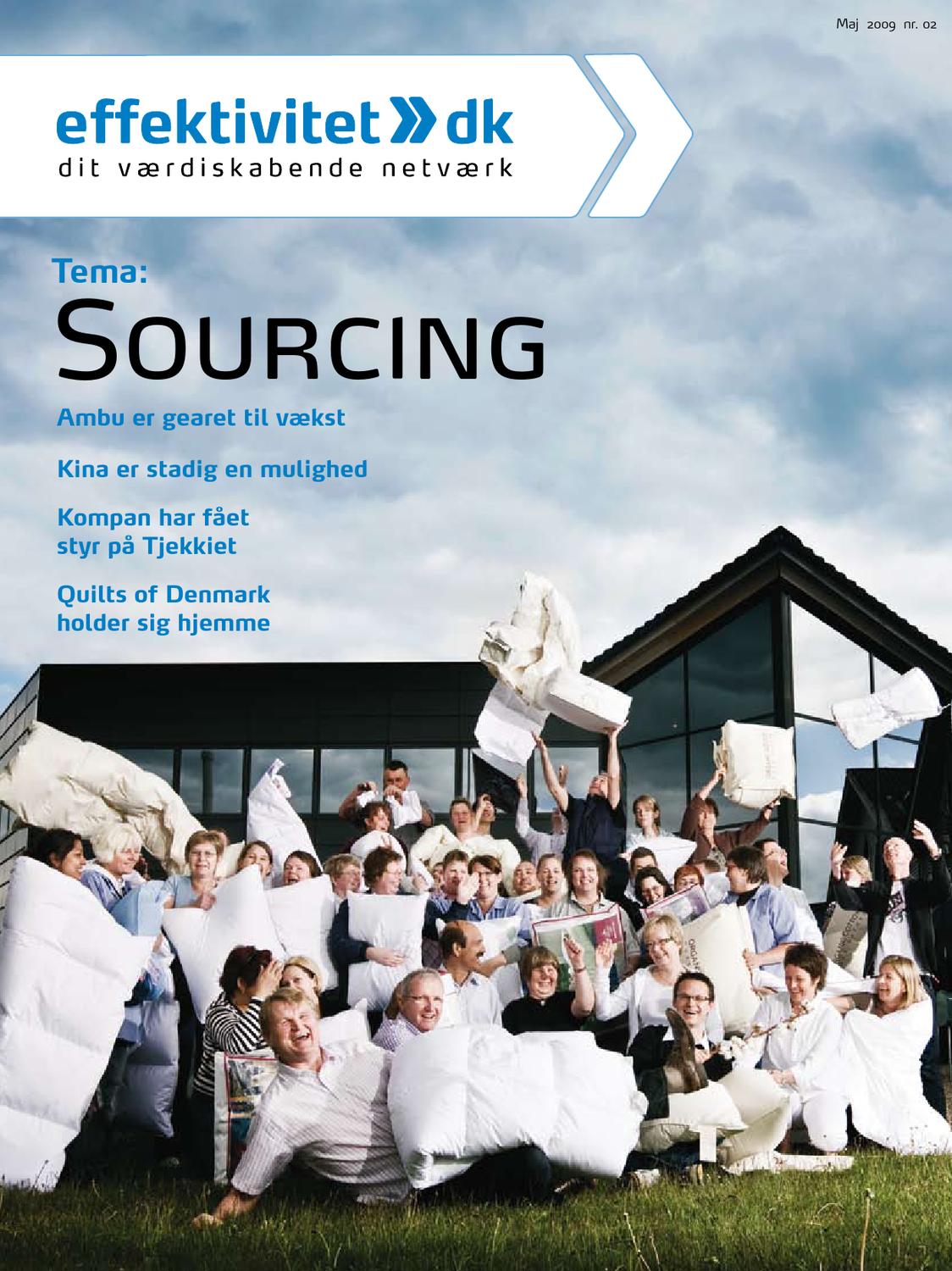The Customer Supply Chain (CSC) organization at MillerCoors is responsible for creating the demand and supply plans and managing fulfilment processes, including customer service and logistics. As a joint venture between two brewing companies, CSC employees must successfully operate dual supply chains – each with its own methods, structures, and languages. For a little more than a year now, CSC professionals have been implementing new processes and systems in order to achieve this goal.
A key principle of CSC’s business transformation initiative is to execute standardized best practices. As such, company decision makers recognized an immediate and clear need for team members to step up their understanding of supply chain management concepts, develop a common vocabulary and agree on a vision of future operations.
Supply chain know-how
CSC leaders selected the APICS Certified Supply Chain Professional (CSCP) education program. “We established an initial goal of certifying 20 individuals per year over the next three years and developed a team approach that is designed to maximize the learning and engagement of our people,” says Matt Williams, MillerCoors director of supply chain planning. “We see APICS education as a key enabler in this endeavor.”
Study groups meet weekly to review CSCP materials and discuss their application at MillerCoors. There are two teams,and each member has a chance to lead discussions. In addition, employees take online quizzes to help them get a feel for the exams. “We took special care to set up groups with a mix of functions, locations, and job levels – from entry-level analysts to managers and directors,” Williams says.
The study groups have proved to be a highly effective part of the learning process. They enable participants to develop solid, cross-functional perspectives on the application of concepts at MillerCoors and help
everyone stay on track. “I was surprised by how much I enjoyed the study sessions,” says Jenn Troop, CSCP, senior supply planning analyst. “Our group was really engaged, and I enjoyed talking through our personal experiences with the weekly topics. It was a great way to relate to the materials instead of just memorizing textbook definitions.”
Joe Black, CSCP, is the manager of craft and innovation. He says he also found considerable value in the study groups. The most rewarding aspect of the learning format for Black was being able to interact with and learn from team members representing all different functions within
the organization.
Importantly, MillerCoors executives are championing this supply chain transformation effort. In addition to financial support for educational materials, membership dues, exam fees, and professional development meetings, company leaders incorporate APICS into individual and team goals. This ensures management alignment and that appropriate time is
allocated to the program.
MillerCoors executives recognize that the transformation will be more successful if employees are grounded in a solid conceptual understanding. As such, the investment in both their people and the APICS CSCP designation was placed at the core of business readiness activities. Williams says APICS education fits squarely into the company philosophy of being a learning organization and in providing employee advancement.
“I love that I was given an opportunity to continue to develop professionally,” says Kim Weyker, CSCP, senior materials planning analyst. “You can balance very demanding job requirements and still take advantage of the opportunities given to you.” The initial 2013 class is widely recognized as a success, with a 91 percent first-time CSCP exam pass rate. Furthermore, after earning their credentials, many designees have chosen to volunteer their time in support of the 33 current CSCP participants. The mentors are sharing lessons learned and best practices from their own program experiences.
“We recognized that future teams would benefit from our knowledge,” explains Sarah Cramer, CSCP, business transformation subprocess owner. “We use a survey and discussions to tease out what was and wasn’t successful with our approaches for reviewing the material and preparing for the exam.”
APICS education at work
MillerCoors is enjoying both long-term transformational results and more immediate benefits. First, program participants say the APICS body of knowledge has shaped a broader view of supply chain management. Employees now possess a far-reaching perspective on how they operate their supply chain versus other industries and how all functions integrate.
In addition, APICS competencies and best practices are making a positive impact on finished goods inventory management. Employees see improvements in the form of reduced inventory levels, fewer out-of-stocks, increased product availability, and less finished goods loss.
Participation in the APICS CSCP program also has created a community of knowledge at MillerCoors. Stacy Duda, CSCP, sales and operations planning manager, says she and her colleagues are rallying around the new philosophy. “APICS provides endless opportunities to tap into a wealth of external knowledge,” she explains. “Employees who have gone through the training are genuinely excited to discuss and apply the learnings with others.”
Perhaps the most significant achievement at MillerCoors is the
establishment of a common supply chain management language and
understanding with standard terminology, which Black says “enhances
the credibility of an already strong supply chain organization.” He
and his colleagues note that structure and consistency are increasingly
critical as the two MillerCoors supply chains become more integrated,
extend across multiple organizations, and undergo change.
“We are still a company operating on two totally different platforms,”
Troop explains. “APICS education helps create a high-level common ground, despite the fact that we are in different systems.”
Denise Relish, CSCP, distribution center analyst, says the single-largest impact that APICS education has had for her is the creation of that common playing field. “We had Coors processes and Miller processes – and on top of that, there were industry standards. Since receiving my
APICS certification, we all understand each other’s processes better,” she says.
Elle Shrefler, CSCP, project manager, says having a common language was meaningful to her during the recent acquisition of a cider company. The bulk cider is imported, filtered at one location, and then moved to another to be blended and packaged. At that point, the product is shipped to warehouses and distributors. “As I was managing this new process, I happened to be reading the APICS CSCP Module II,” she says. “I immediately implemented the vocabulary into my everyday business acumen. Understanding the differences between a freight forwarder and broker – as well as the different modes of transportation –
was extremely beneficial. With members of the team working across six
time zones, all with different backgrounds, this allowed us to communicate in the same language. The knowledge and base understanding are already penetrating the organization.”
Shrefler goes on to say that she now can easily identify the CSCP designees at MillerCoors just by the way they talk about and look at the supply chain. She believes this is making a tremendous difference to
the company as a whole.
“The APICS CSCP program has been, and will continue to be, beneficial
to MillerCoors supply chain management practices. It’s an important part of our learning and development, and we will continue to leverage it in the future,” Williams says. “I look forward to MillerCoors evolving into an organization where professional certifications such as
the APICS CSCP are the expectation.”
Erfaringer fra tidligere dansk deltager med BASICS, CPIM og CSCP:
”I 2008 tog jeg APICS BASICS of Supply Chain Management og i 2010 APICS CPIM. Derfor var det et naturligt valg i min faglige kompetanceudvikling at gennemføre CSCP uddannelsen. Jeg mener, at jeg har fået en større viden, så jeg nu har en mere helhedsorienteret tilgang til jobbet og de daglige udfordringer.
Som deltager i diverse supply chain projekter og Continuous improvement forløb, er det en kæmpe fordel, at have den teoretiske ballast som CSCP uddannelsen giver.
Desuden var det meget inspirerende, at møde andre Supply Chain Specialister på kurset, og en god mulighed for at udvide netværket. Selve uddannelsen er meget intensiv, og der skal afsættes en del timer til læsning. En rigtig god anledning til også at få forbedret engelskkundskaberne, hvilket i den grad er vigtigt når man som jeg arbejder i en amerikanskejet virksomhed.
Vi er flere i virksomheden der har taget APICS uddannelserne, og det er helt klart med til at højne den faglige standard. Det sikrer, at vi gør det på den rigtige måde set med Supply Chain briller. Der bliver mere og mere fokus på Supply Chain, så det er vigtigt, at vi, som Supply Chain specialter, er med til at sikre, at virksomheden
træffer de rigtige beslutninger.”
Mads Strandløv Nørgaard, Planning Specialist, Dako





